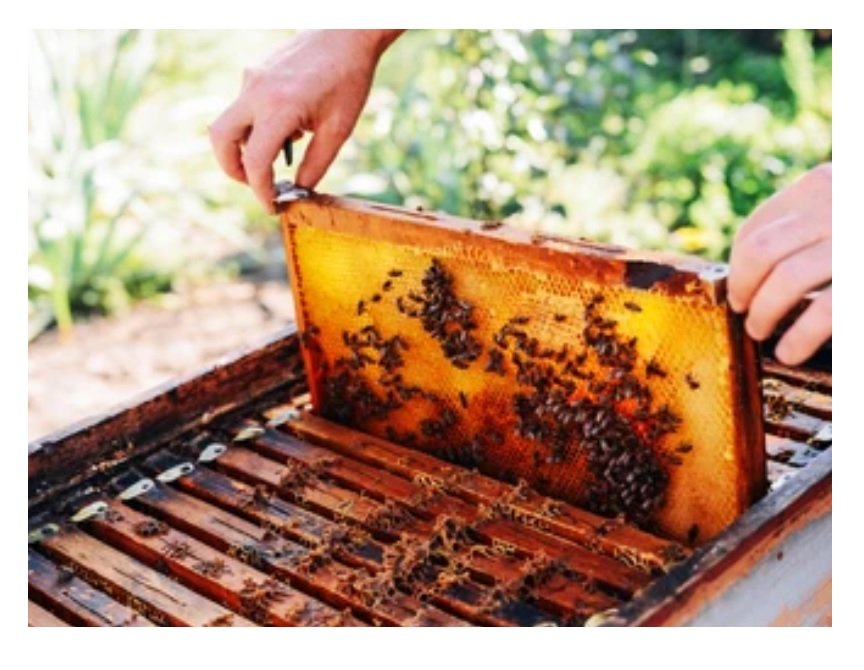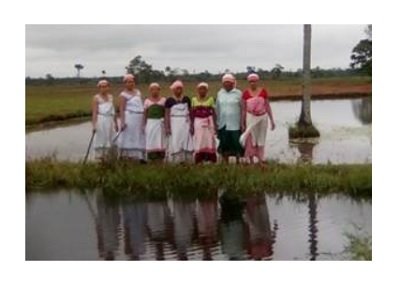Tamil Nadu-based Samunnati has recently launched the Annadata Suraksha Abhiyaan, a dedicated crowd-sourcing campaign driven via Samunnati’s corporate social responsibility outreach. Pravesh Sharma, Director, Samunnati Agro shares insights on the aspects related to ‘Annadata Suraksha Abhiyaan’- major activities, challenges and latest launches
What are the major activities completed around ‘Annadata Suraksha Abhiyaan’ in the past 3 months?
To free farmers from the vulnerabilities of personal risks in agriculture, and to promote the culture of insurance across rural India, especially smallholder farmers, Samunnati launched the Annadata Suraksha Abhiyaan on October 2, 2021. We partnered with Milaap, our crowdfunding partner, for this initiative and have raised close to Rs 1 lakh via their platform. We also reached out to various CSR partners and corporate through our larger network to promote awareness about this platform, as well as to invite their contributions towards this noble cause. We are in discussions with a few other leading agri-tech companies to understand how we can work with them to create a bigger socio-economic impact. On the ground, Farmer Producer Organisations (FPOs) are our last mile partners to reach individual member farmers and deliver product information, enable documentation and assist in claim settlement.
We have raised over Rs 11.5 lakhs in support of this initiative from various sources, including a payroll campaign conducted internally within Samunnati. Through social media handles dedicated to the initiative, we are sustaining our efforts to bring in more participation from Indian corporates and philanthropists.
What are the challenges that Samunnati faced/is facing while rolling out the programme to beneficiaries?
Data collection has been one of the biggest challenges that the Indian agriculture sector has struggled with over the years. Gathering demographic details of individuals including date of birth, contact number, address with pin code, gender, etc. plays a huge role in being able to provide insurance. Unfortunately, this level of detail is not regularly maintained by most of the FPOs in our nation. Further, owing to constraints with staff and other resources, undertaking data collection has also not been an easy task for FPOs.
On-ground activation and awareness building play an important role in the success of such campaigns. As we work around the ongoing pandemic and various restrictions that have been put in place, we are streamlining our efforts to promote the campaign via offline channels in the coming months.
Number of farmers/ FPOs onboarded to the insurance programme and the markets where ASA created the most impact.
To date, we have onboarded around 12,000 farmers from 40 FPOs across 11 States. A majority of these farmers are from Tamil Nadu, Karnataka, and Maharashtra owing to our extensive network in these regions. In Gujarat, we have a long-standing association with GujPro which helped us make in-roads in reaching farmers in the region.
How does your company plan to deliver this scheme to India’s smallholder farmers?
Samunnati plans to partner with farmer collectives (FPCs, Cooperatives etc.) and agri enterprises which closely work with small holder farmers to take this scheme to the last mile. We believe this approach is more sustainable, and scalable. So far, we have on-boarded 40+ FPOs, and 1 Agri enterprise and insured 12,000 farmers.
How can Samunnati bring in a revolution in the agri community through ASA?
India is plagued with the following two challenges:
High incidence of farmer accidents and related fatalities – 2000 plus farming accidents and over 100+ fatalities happen every day, leading to estimated daily losses worth Rs 15Cr
Negligible insurance penetration, less than 1 per cent farmers having access to accident-related insurance
Agriculture in itself is plagued with variety of risks and challenges, while a few government/ private sector initiatives are working towards addressing some of them, initiatives around insurance, and farmer protection from financial distress related to accidents are insignificant.
The initiative Annadata Suraksha Abhiyaan attempts to fill that void by promoting the insurance culture among farmers and providing personal accident coverage through this initiative. We plan to expand the scale and scope of coverage and include risks related to other farming uncertainties in the years to come.
The initiative aims to make agriculture risk free for our farmers, and for India.
What are your plans for the next five years?
We plan to onboard as many as 5 million farmer families on this platform in the next 5 years. We will be approaching this in phases, mapping the progress we achieve each year.
Pooja Yadav
pooja.yadav@mmactiv.com
Tamil Nadu-based Samunnati has recently launched the Annadata














